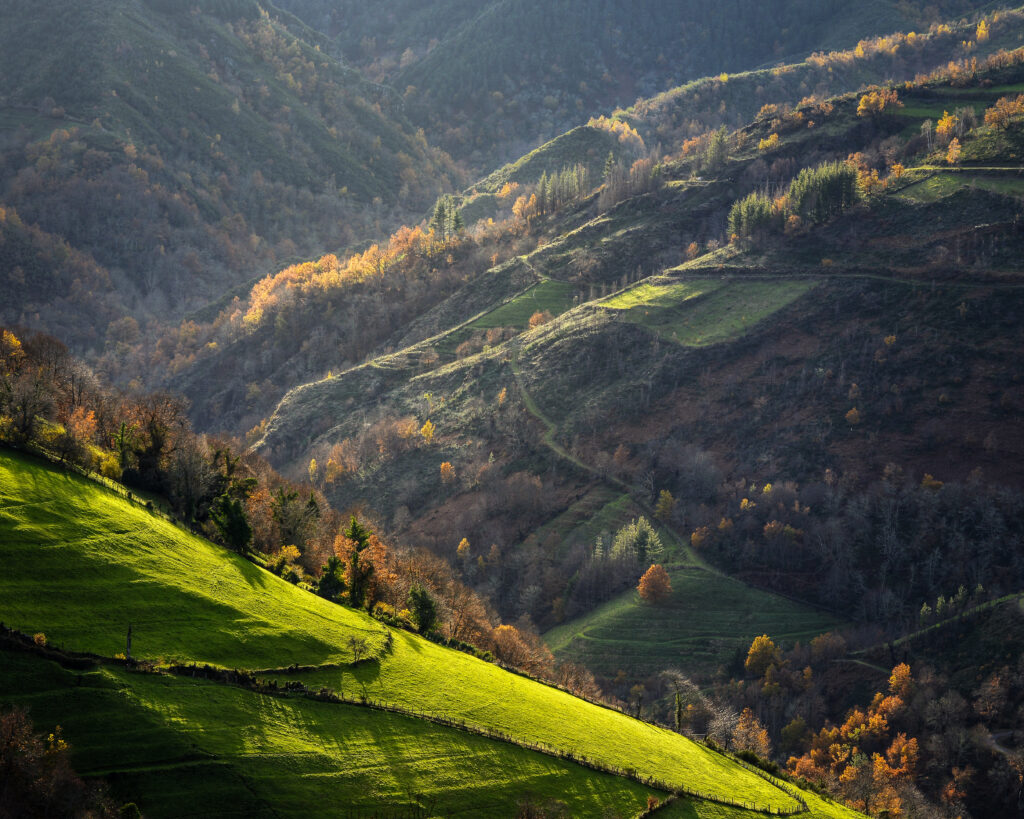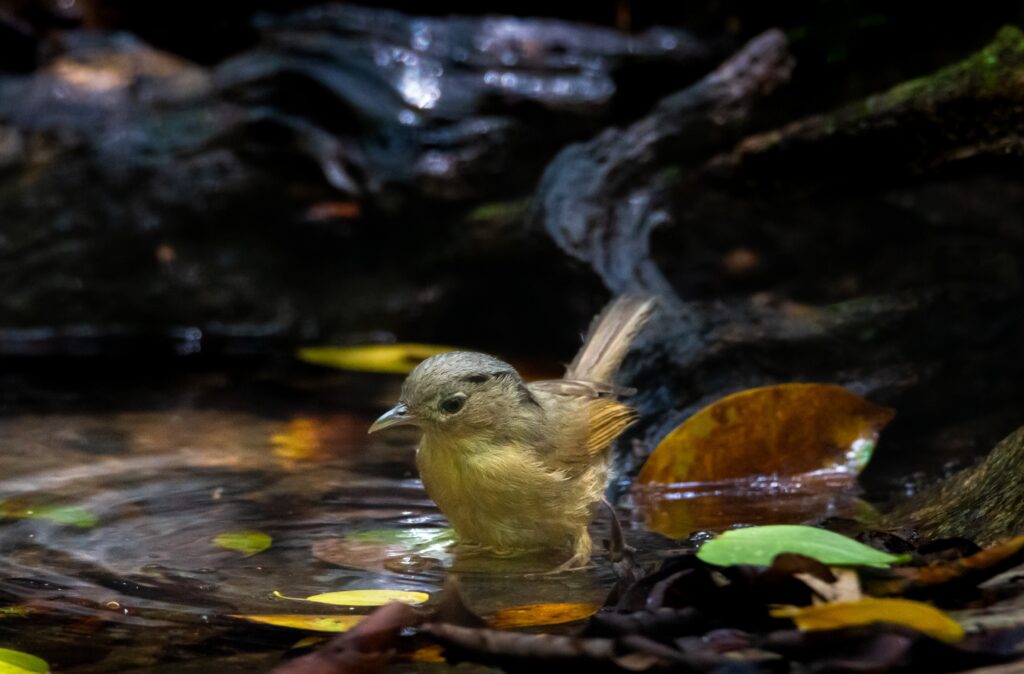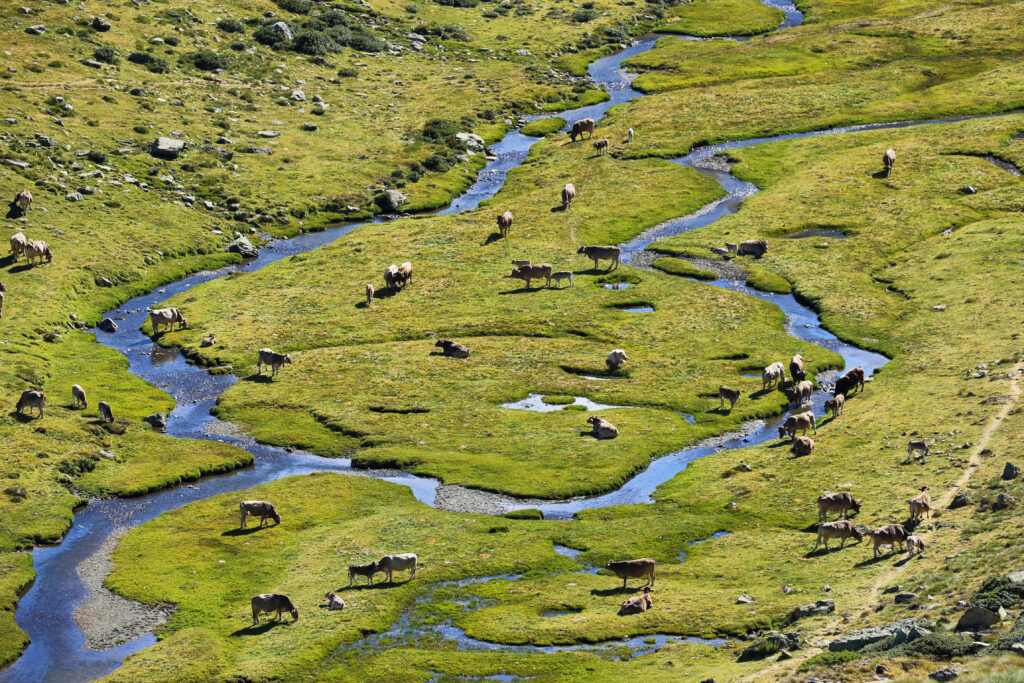

For our founding publisher, Peter Kidd (1947-2020), poetry was metaphysical theatre. The poem was a space for the shadows of spiritual beings and ideas to engage with one another. Growing up in post-WWII America, dropping out of Columbia University and boarding a freighter for the north-east of Africa, falling in with occultists from a young age, our founder was not unaware of the American scylla of atheism and charybdis of fundamentalism. He learned from each one, weaving his own metaphysic with members of each camp, exploring the grey areas and listening to people speak and read their poetry aloud.

One of Igneus’ most supportive community members, with 7 titles published with Igneus over the years, Richard Martin‘s philosophical exploration in poetry skirts theological questions, turning humor into a metaphysic all on its own. In a conversation not long after our founder’s passing, I learned that Martin viewed small press as his ‘church.’ His moral, financial, and literary contributions to Igneus are a form of tithing, so to speak, to the best in humanity. Peter Kidd often referred to his role in small press publishing as a form of ‘tithing,’ that is, giving a small portion of one’s income to a local ‘church.’

Then there is metaphysical poetry. This type of poetry in the Western tradition is intellectual, uses strange incongruous imagery, frequent paradox, and is often highly conceptual. The British tradition of metaphysical poetry gave rise to transcendentalism in 19th century American poetry. Other influences of transcendentalism, and also of metaphysical poetry were Platonism and NeoPlatonism, Indian and Chinese scriptures, and the writings of various occultists such as Emanuel Swedenborg and Jakob Boehme. Beliefs of transcendentalist writers such as Ralph Waldo Emerson and Margaret Fuller cultivated a sense of idealism, of the basic goodness of human beings, and the importance of insight over logic.

Igneus has always published books in this vein, providing a platform to poets who share a “compassion and concern for the human condition” (our mission tagline). I think it would be safe to say that, since 1989, Igneus has been cultivating a cell of writers who take up and pass down to posterity the flame of, first, metaphysical poets, and, later, transcendentalists. Of course, there’s been proliferation of style and influence, but the idea is basically the same…
Meaning is always busting out of its container, be that container a word, sentence, poem, context, or genre. This is the main point of metaphysics in poetry–that there is more to the world than what we perceive with our senses, and more to express than can be expressed in language. So we must find magical ways of ‘tricking out’ the remainder of what we witness, think, say, write, and mean.
What are your thoughts, dear reader? What is the relationship between metaphysics and poetry? Leave your comments down below, or on our social media platforms (Facebook, Instagram), and we’ll enter you in our March contest for a free book of your choice from the Igneus catalog.






